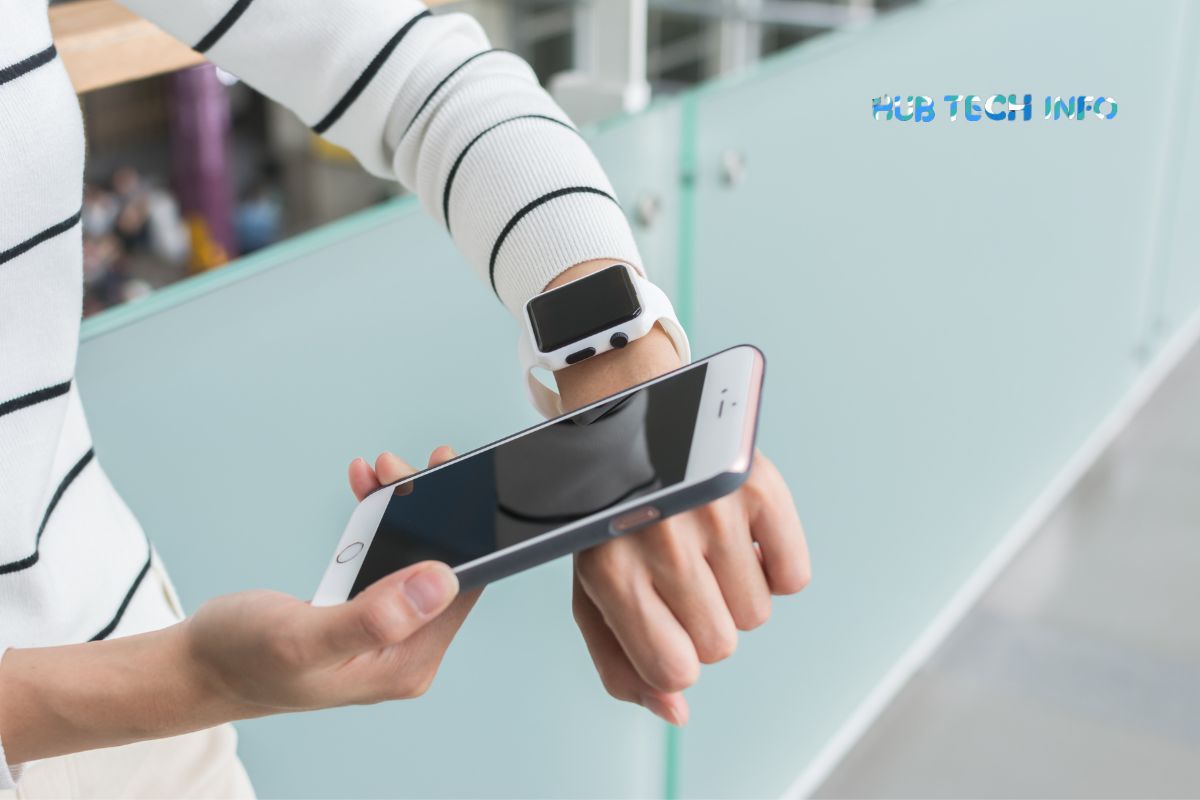In recent years, technology has been advancing at an astonishing pace, and one of the most exciting developments is the combination of artificial intelligence (AI) and wearable technology in the medical field. These innovations are not just futuristic concepts; they are actively changing the way we diagnose, treat, and manage health conditions today. This article will explore how AI and wearable technologies are transforming medicine, making healthcare more personalized, efficient, and accessible.
The Rise of Wearable Technologies
Wearable technologies refer to electronic devices that can be worn on the body, often as accessories like watches or fitness bands. These devices can monitor various health metrics, such as heart rate, steps taken, sleep patterns, and even blood oxygen levels. Examples include the Apple Watch, Fitbit, and Garmin devices. The data collected by these wearables provides valuable insights into an individual’s health and lifestyle.
AI in Medicine: An Overview
Artificial intelligence, particularly machine learning and deep learning, involves the development of algorithms that can analyze complex datasets, identify patterns, and make predictions. In medicine, AI is being used to analyze medical images, predict disease outbreaks, develop personalized treatment plans, and much more.
Personalized Health Monitoring
One of the most significant impacts of AI and wearable technologies is the ability to offer personalized health monitoring. Wearable devices collect continuous data on various physiological parameters. AI algorithms can then analyze this data to identify trends and anomalies that may indicate health issues. For instance, a sudden change in heart rate variability detected by a smartwatch could alert a user to potential cardiac problems, prompting them to seek medical advice.
Early Disease Detection
Early detection of diseases can significantly improve treatment outcomes. Wearable devices, combined with AI, can play a crucial role in this aspect. For example, AI algorithms can analyze patterns in the data collected by wearables to detect early signs of diseases such as diabetes, hypertension, or even certain cancers. This proactive approach allows for timely intervention, which can prevent the progression of diseases and improve the quality of life for patients.
Chronic Disease Management
Chronic diseases like diabetes, heart disease, and asthma require ongoing management and monitoring. AI and wearables can make this process more efficient and less burdensome for patients. For instance, continuous glucose monitors (CGMs) can track blood sugar levels in real-time, providing alerts to patients and their healthcare providers if levels become too high or too low. AI can also analyze the data from these devices to suggest personalized adjustments in diet, medication, or activity levels.
Enhancing Clinical Decision-Making
AI is also proving to be a valuable tool for healthcare professionals. By analyzing large datasets, AI can provide insights that aid in clinical decision-making. For example, AI algorithms can help radiologists detect abnormalities in medical images with greater accuracy and speed than the human eye alone. In addition, AI can assist doctors in developing personalized treatment plans by predicting how patients will respond to different therapies based on their unique health data.

Remote Patient Monitoring
The COVID-19 pandemic has accelerated the adoption of telemedicine and remote patient monitoring. Wearable technologies, in conjunction with AI, are at the forefront of this shift. Patients can use wearables to monitor their health metrics at home, reducing the need for frequent in-person visits.
AI can analyze the data collected and provide real-time feedback to both patients and healthcare providers. This approach not only makes healthcare more accessible but also reduces the burden on healthcare facilities.
Improving Patient Engagement
Wearable technologies and AI are also enhancing patient engagement in their own health. By providing real-time feedback and personalized insights, these technologies empower patients to take a more active role in managing their health. For example, fitness trackers can motivate users to stay active by setting and tracking goals. Similarly, wearable devices that monitor sleep can help users make lifestyle changes to improve their sleep quality.
Challenges and Ethical Considerations
While the integration of AI and wearable technologies in medicine holds great promise, it also presents several challenges and ethical considerations. Data privacy and security are paramount concerns, as wearable devices collect sensitive health information. Ensuring that this data is protected and used responsibly is crucial. Additionally, there is a need for rigorous validation of AI algorithms to ensure their accuracy and reliability in medical applications.
The Future of AI and Wearable Technologies in Medicine
The future of AI and wearable technologies in medicine is incredibly promising. As technology continues to advance, we can expect even more sophisticated wearables capable of monitoring a broader range of health metrics. AI algorithms will become more accurate and capable of providing deeper insights into health data.
Furthermore, the integration of AI and wearables with other technologies, such as genomics and mobile health apps, will enable a more holistic approach to health management.
Final Words
Finally, AI and wearable technologies are transforming medicine by making healthcare more personalized, efficient, and accessible. These innovations are enabling early disease detection, improving chronic disease management, enhancing clinical decision-making, and empowering patients to take control of their health. While there are challenges to overcome, the potential benefits of these technologies are immense.
As we move forward, continued collaboration between technology developers, healthcare providers, and patients will be essential to fully realize the transformative power of AI and wearable technologies in medicine.
Read Also:




